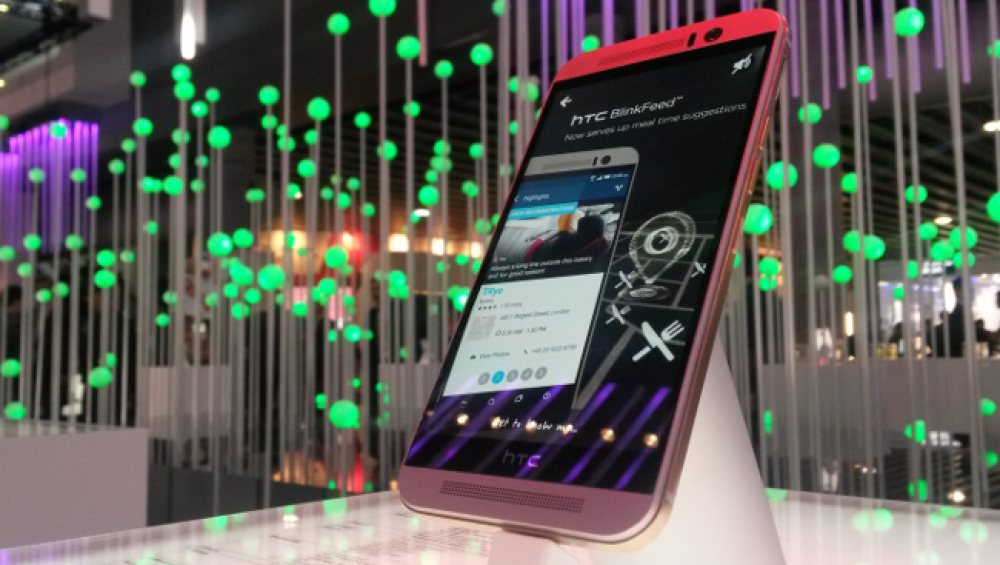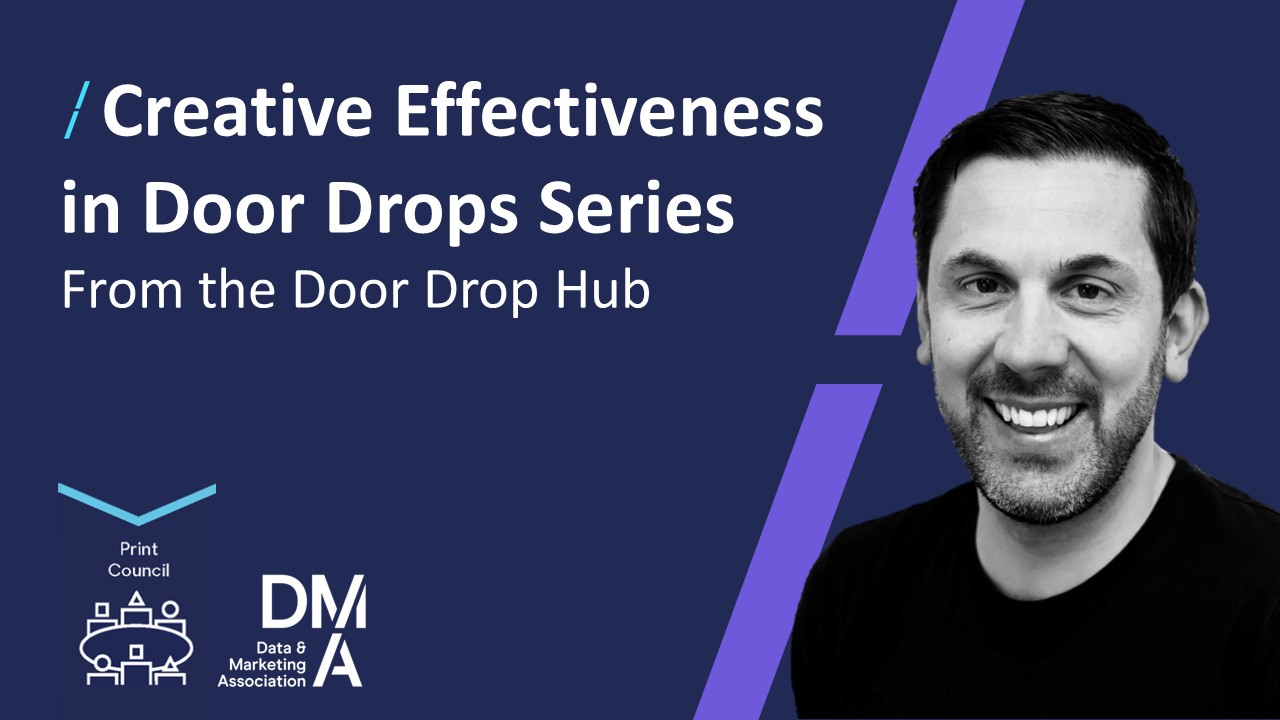Lessons for marketers from MWC15
09 Mar 2015

Last week I was lucky enough to be in Barcelona for Mobile World Congress – one of the biggest events in the mobile telecoms industry. This huge annual event sees more than 93,000 people descend on the Fira Gran Via for four days. Attendees include network providers, handset makers, network technology providers, governments, social networks, app producers and reps from the many sectors affiliated with the mobile industry.
There’s a huge program of speakers covering all aspects of mobile – Facebook CEO Mark Zuckerberg delivered one of the keynote speeches outlining his vision, and some successes on his Internet.org project which aims to connect ‘the next billion’.
In between playing with shiny new phones and eating exhibition booth candy by the handful, I’ve visited a lot of seminars covering the social media and digital marketing aspects that tie in to the mobile industry. Here’s some of the key things I’ve picked up.
We're still coming to grips with mobile content
Mobile technology has moved so fast that marketers have had little chance to catch up, let alone perfect how they take advantage of it.
Getting the creative right has been the biggest barrier to digital marketing truly succeeding with mobile-focused content. While mobile-only social networks are booming, marketers who get the content right are still the exception rather than the rule. Getting the content right is dependent on understanding how people are using their devices.
The good news is, we’re catching up. We’re slowly working out ways to track people across devices and there’s more and more examples every day of brands hitting the mark with their content on mobile-first social networks and, in the wider context mobile devices. Interesting factoid: native advertising translates very well across devices.
Customer experience is crucial, no mater what you're trying to do
We can try to engage customers all we like, but if the overall experience for them isn’t right then we’re wasting our time. The overall experience, no matter the channel is beginning to stand out as a key differentiator for brands. We’re no longer selling products, but experiences. Companies that are putting time and money into the overall user experience are the ones who are seeing the benefits and leading the sectors.
If you don’t have the money to invest heavily in ensuring a great user experience, the best way to do it is to partner with the right people. Very few brands can provide an end to end experience so partnerships with other brands are what’s going to make it all work – it’s no longer about burying your competitors, but coming up with the better overall experience.
We now have access to a huge amount of data about our customers, and the next step is serving truly useful content and experiences based on the context in which they’ll be received based on this data.
A customer’s physical location is an incredibly useful context and combined with just a couple of other pieces of already captured information, you can increase the quality of the interaction with your customer exponentially by ensuring that the message is appropriate for that context.
The downsides to context-specific marketing? There’s huge issues around privacy and security and getting user trust is a huge challenge. It also requires a huge increase in the amount of creative required to serve all the individual contexts that possibly could arise. Better get writing!
Everything will change again. Soon.
We can’t expect the technological capabilities to slow down any time soon, and it’ll greatly affect what we’re doing as marketers. 5G mobile networks are just a matter of time and, no joke, virtual reality is looming as a viable, game-changing content technology, and it’s not far off from wide-scale deployment.
Add to that the prediction that display screens like those on your laptop, phone or tablet, will begin to disappear within the next 5-10 years as wearable devices gain traction (of course, they’ll need to get them looking a bit cooler, first).
But one of the biggest changes will occur when the people around the world who are currently not online get cheap, sustainable access to the Internet through a new generation of cheap mobile devices. The key is being ready and able to meet their demand.





Please login to comment.
Comments